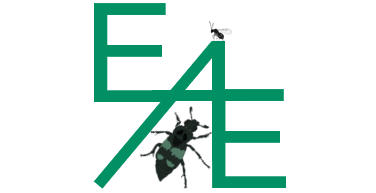| Sahm, J; Conrad, T; Scheu, L; Steiger, S: Brood size, food availability, and body size affects male care decisions and offspring performance, Ecology and Evolution, 13(6) (2023), doi:https://doi.org/10.1002/ece3.10183 | |
| Abstract: Parental care strategies do not only vary greatly across species, but also within species there can be substantial between- and within-individual variation in parental care behavior. To better understand the evolution of care strategies, it is crucial to determine how and when parents modify their behavior in response to internal as well as environmental factors. Here, we investigated the effect of brood size, resource size and an individual's quality on care strategies of uniparental males and examined the downstream consequences on offspring performance in the burying beetle Nicrophorus vespilloides. Burying beetles breed on small vertebrate cadavers and, on average, males invest much less in care than females. Nevertheless, we found that uniparentally caring males were responsive to their social and non-social environment and adjusted the amount as well as the type of care to the size of the brood, the size of the cadaver and their own body size. Additionally, we show that the care strategies affected offspring performance. Specifically, males that cared longer had larger and more surviving larvae. Our results add to our understanding of plastic parenting strategies by showing that even the sex that provides less care can evolve a very flexible care behavior. |

